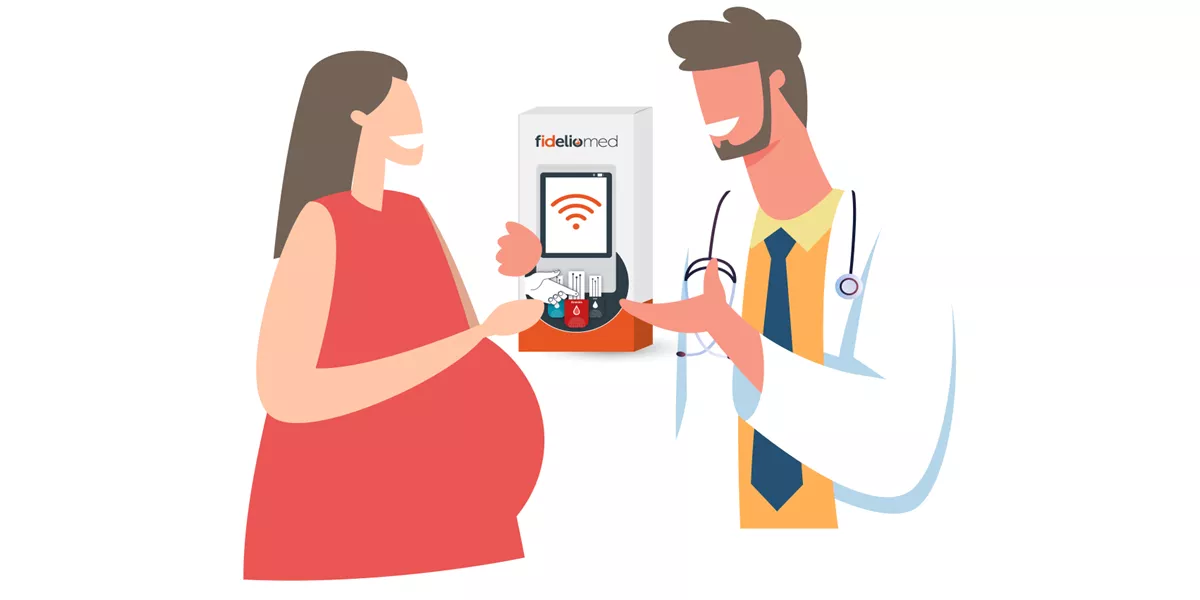HEMOGATE
Implementation of an IOT- powered diagnostic platform to diagnose and monitor anemia and nutritional deficits in “smart” primary care settings (smart doctors’ offices, pharmacies and nursing homes)

Scheda del progetto





The technology projects have made point-of-care analysis devices possible, but to have a large-scale impact, these devices must integrate into healthcare workflows and comply with clinical guidelines. FIDELIOMED will develop an IoT device for the early diagnosis of anemia and nutritional deficiencies, improving health management and promoting health thorugh accurate diagnosis, timely treatments, and effective monitoring. This approach can reduce costs, enhance quality of life, and strengthen diagnostic medicine and patient-centered care.
Contact:
Simona Roggero
The HEMOGATE project aims to implement an integrated IoT device that can improve the management of anemia and nutritional deficiencies by having positive impacts on patient health and promoting impacts on patient health and promoting smart primary care environments. It also aim to create a regional network for monitoring anemia in settings such as pharmacies or medical offices, providing care and support to patients with anemia and nutritional disorders accross different age groups.
This innovative tool enables primary care facilities to improve patient health management. The project aims to digitalize healthcare, offering an advanced solution for early diagnosis, effective management and continuous monitoring. The product includes sensor-based cartridges, a reading device and a digital platform for decision support and data interpretation, capable of revolutionizing diagnostic methodology.
HEMOGATE will lead to a reduction in healthcare costs and an improvement in the quality of life for patients, especially elderly people and those with cardiac conditions. It will optimize the management of anemia and nutritional deficiences and enhance precision medical diagnostics.
An advanced diagnostic device, with digital platform, will support healthcare professionals and create a regional monitoring network, benefiting vulnerable groups such as pregnant women, newborns, elderly and critically ill patients. Anemia and nutritional deficiencies, often overlooked conditions, have significant social and economic relevance on a global scale.
